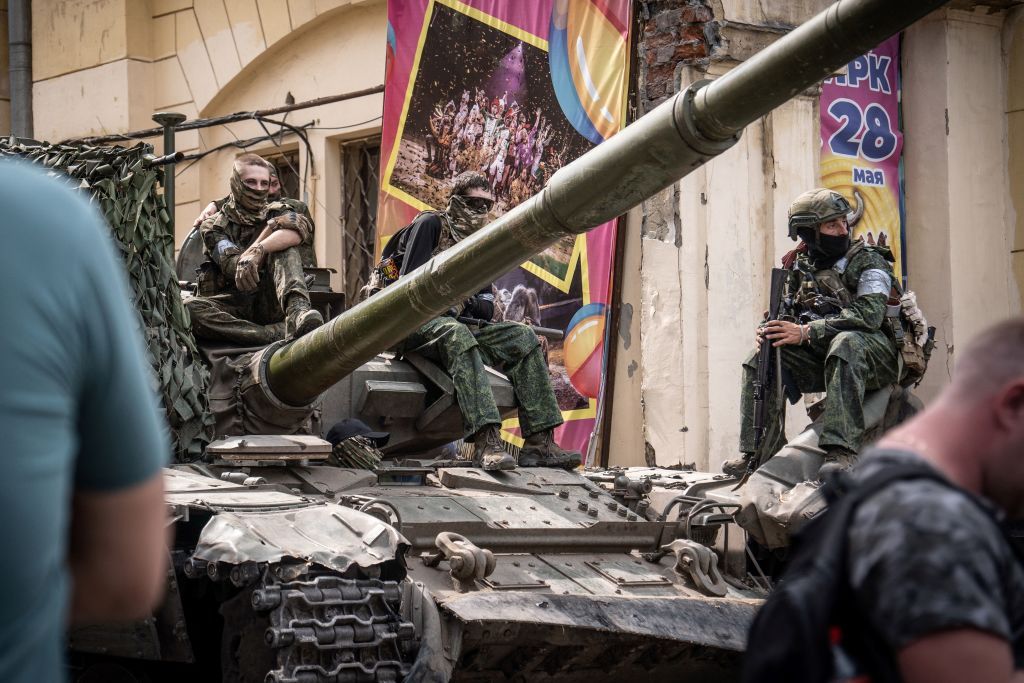Following the Wagner Group's short rebellion on June 23, financier Yevgeny Prigozhin met with Belarusian dictator Aleksander Lukashenko to negotiate a deal in which he escapes criminal charges and mercenary soldiers must sign contracts with the Russian defense ministry. б
The Institute for the Study of War (ISW) said in its June 24 report that this agreement is a short-term fix that "exposed severe weaknesses in the Kremlin and Russian Ministry of Defense."
"Suggestions that Prigozhin’s rebellion, the Kremlin’s response, and Lukashenko’s mediation were all staged by the Kremlin are absurd," the ISW wrote.

"Wagner’s drive also showcased the degradation of Russia’s military reserves, which are almost entirely committed to fighting in Ukraine, as well as the dangers of reliance on inexperienced conscripts to defend Russia’s borders," the ISW added.
Russia now faces deep instability, and the Lukashenko-brokered deal does not fix the core of the problem, which is that there are deep internal security weaknesses "likely due to surprise and the impact of heavy losses in Ukraine."











